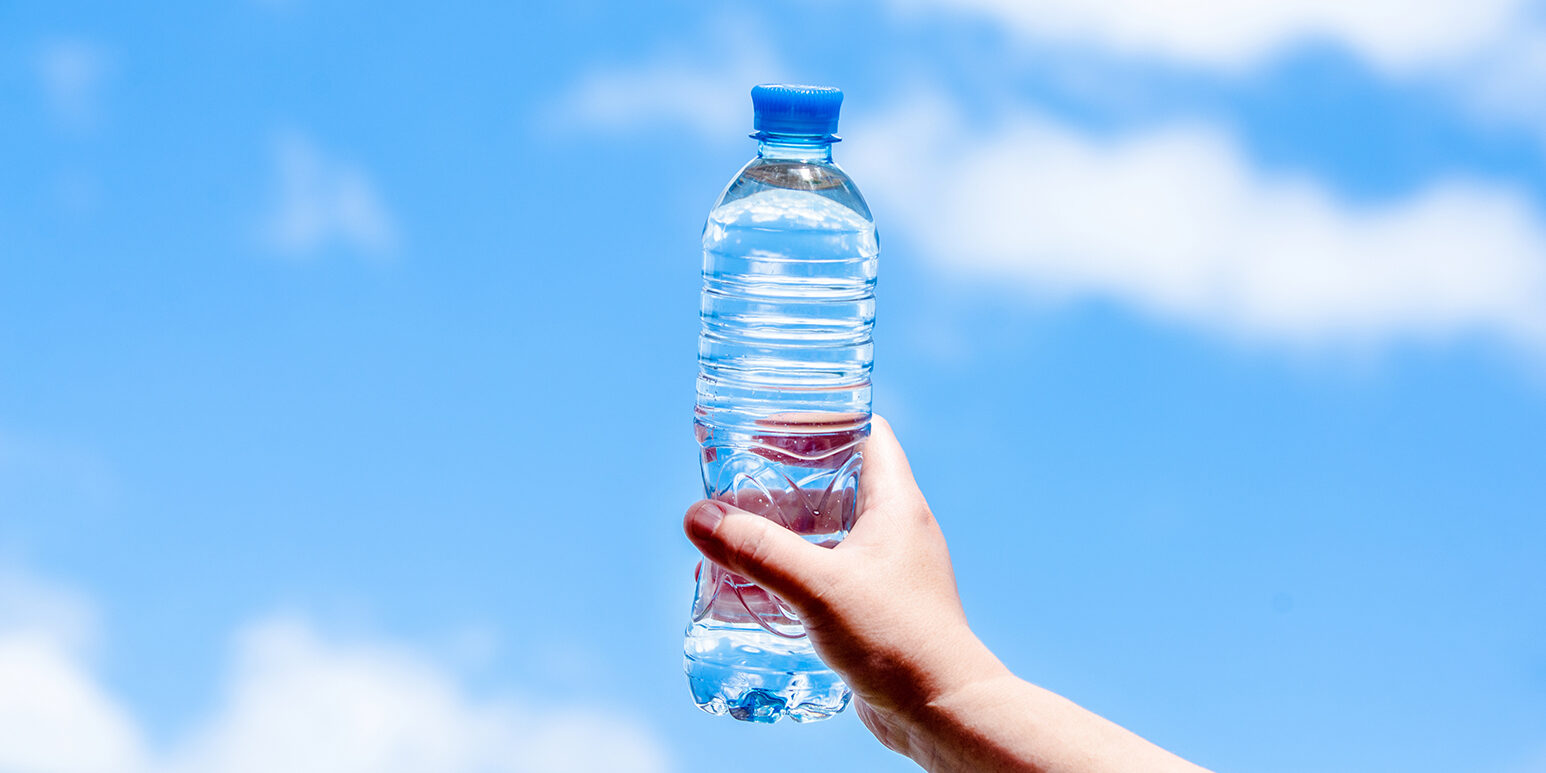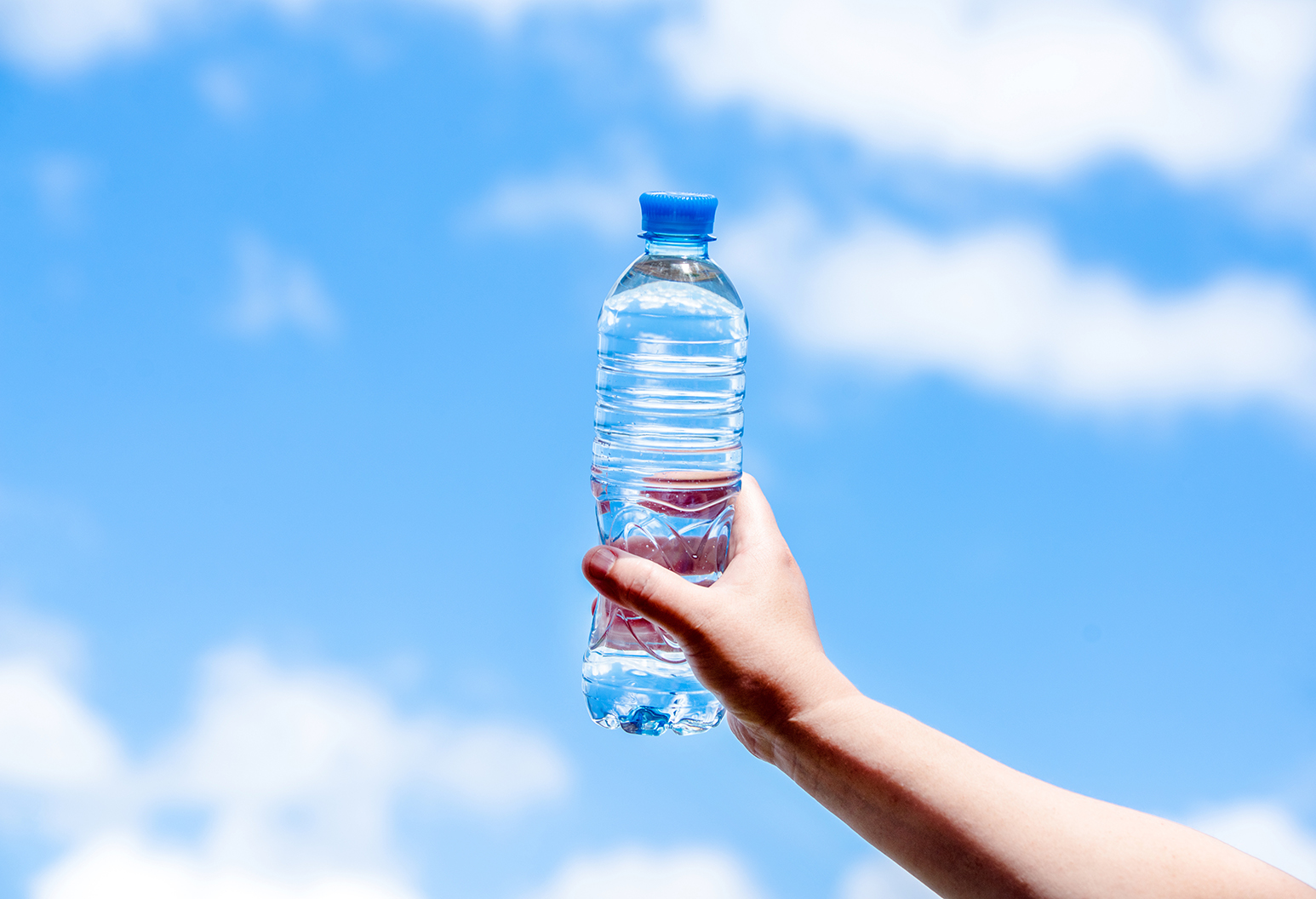Water is one of the most important essential compounds in the body. Water protects and cushions vital organs, aids the digestive system and regulates body temperature. Water also helps rid the body of waste. Half of the body is made up of water, which makes it vital for survival. Before, during and after exercising you want to make sure you are adequately hydrating to prevent dehydration.
Dehydration can happen in every physical activity scenario. Dehydration happens when a person does not replenish fluid loss through perspiration. Warning signs of dehydration include thirst, flushed skin, fatigue, increased body temperature, fast breathing, increased pulse, dizziness, weakness, and labored breathing. Hydration needs vary among individuals. The best way is to evaluate the color of your urine. Lemonade colored urine or a very light yellow is a sign of adequate hydration. Dark yellow/orange colored urine is a warning sign of dehydration. You also want to be aware of how much you are sweating because the more you sweat, the more fluid you lose and that can lead to dehydration.
It is recommended that athletes weigh themselves before and after a workout to see how much fluid they are losing. In general, it is recommended to drink 16-32 oz of fluid every 60 minutes of exercise, but you should individualize that number to how much you sweat and your environment. Are you exercising in the heat and humidity? Are you wearing heavy clothes or exercising very vigorously? Fluid needs are very individualized, ask your dietitian or doctor how much fluid your body needs.
Erin Caraher, RDN, CDN is a registered dietitian nutritionist who works with Bariatric and Medical Weight Management patients to help them achieve their health and weight loss goals.


